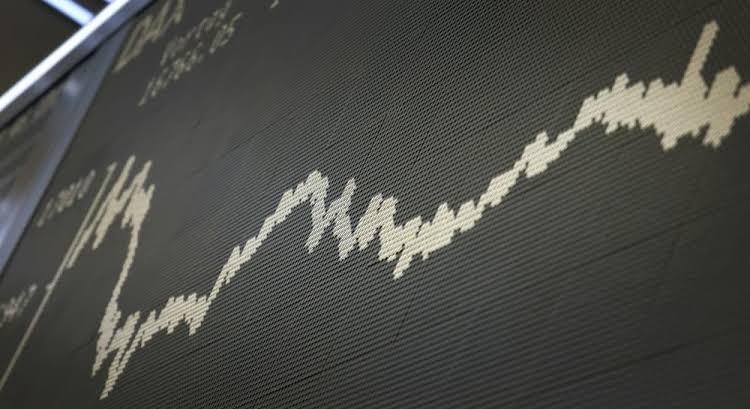Asian markets react to wall street losses amidst fed rate cut expectations

Asian markets turned negative on Thursday, reflecting a pause among investors following an extended rally fueled by expectations of a Federal Reserve interest rate cut in the coming year.
Recent data indicating a slowdown in inflation and a softening job market has bolstered the belief that the central bank is poised to control prices and avoid an economic downturn. Wednesday’s data revealed a better-than-expected rebound in US consumer confidence, coupled with home sales rising from a 13-year low.
Market attention now turns to the release of the personal consumption expenditures (PCE) price index on Friday, the Federal Reserve’s preferred gauge of inflation. This data could play a crucial role in shaping the central bank’s decisions at its January meeting, where officials hinted at the possibility of three rate cuts in 2024.
According to SPI Asset Management’s Stephen Innes, the upcoming figures could determine the trajectory of market dynamics heading into the year-end and beyond. An unexpected positive outcome may strengthen the Federal Reserve’s stance against market expectations of rate cuts, while a disappointment could challenge the central bank to counter expectations of a rate cut in March.
Despite the optimistic data, investors opted to take profits, with observers noting an inevitable pullback after the significant rally. Cameron Dawson of Newedge Wealth cautioned that the market appeared overbought and one-sided, emphasizing the potential for a pullback despite the ongoing melt-up period.
On Wall Street, all three main indices experienced losses exceeding one percent each, breaking the Dow’s five consecutive record-setting days. Asian markets followed suit, with Tokyo, Hong Kong, Shanghai, Sydney, Seoul, Taipei, Jakarta, and Manila all trading in the red. Singapore and Wellington managed to eke out small gains.
In corporate news, Toyota faced a nearly four percent decline in Tokyo after its subsidiary, Daihatsu, announced the suspension of shipments for all car models in Japan and abroad, following revelations of safety test rigging. The situation worsened for the world’s largest carmaker as it announced the recall of approximately a million Toyota and Lexus vehicles in the United States due to concerns about their airbag systems.












